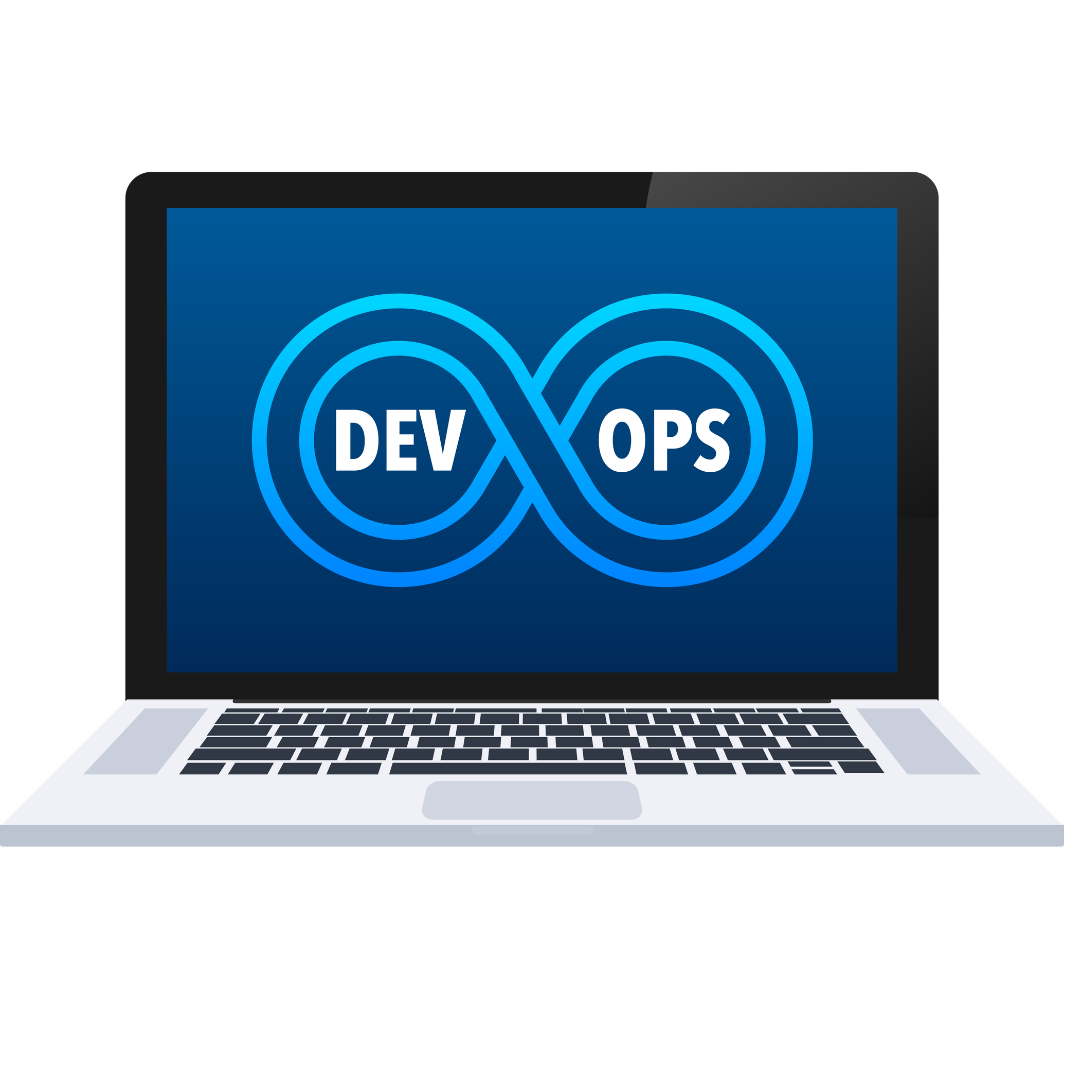Introduction
Techsolutionmaster | In the dynamic realm of Information Technology (IT), the concept of DevOps has emerged as a game-changer, revolutionizing the way software development and IT operations collaborate and deliver value to businesses. In this guest post, we will delve into the core principles of DevOps and unravel the key responsibilities of a DevOps Engineer. For professionals seeking to master this transformative field, the article will shed light on the significance of DevOps Training in Hyderabad, with a spotlight on the esteemed institution, Kelly Technologies.
Understanding DevOps: A Fusion of Development and Operations
DevOps is not merely a methodology; it is a culture that emphasizes collaboration, communication, and integration between development and operations teams. The term “DevOps” is a portmanteau of “Development” and “Operations,” signifying the synergy between these traditionally siloed domains. The primary goal of DevOps is to streamline and automate the software development lifecycle, fostering a continuous and iterative approach to software delivery. The DevOps Training in Hyderabad program by Kelly Technologies can help to develop the skills needed to handle the tools and techniques associated with DevOps.
Key Principles of DevOps
- Collaboration: DevOps encourages a culture of collaboration, breaking down the walls between development, operations, and other stakeholders. Teams work in unison, sharing responsibilities and knowledge throughout the entire development and deployment process.
- Automation: Automation is at the heart of DevOps, enabling the efficient and error-free execution of repetitive tasks. By automating manual processes, teams can achieve faster deployment, reduced errors, and increased overall productivity.
- Continuous Integration and Continuous Deployment (CI/CD): DevOps promotes the practice of continuous integration, where code changes are automatically integrated into a shared repository multiple times a day. Continuous Deployment involves automating the release of software into production after passing various tests, ensuring a streamlined and rapid release cycle.
- Monitoring and Feedback: DevOps emphasizes continuous monitoring of applications and infrastructure. By collecting and analyzing real-time data, teams can identify and address issues promptly, leading to improved system reliability and performance.
The Role of a DevOps Engineer
A DevOps Engineer plays a pivotal role in implementing and maintaining the principles of DevOps within an organization. Their responsibilities encompass a wide range of tasks, including:
- Infrastructure as Code (IaC): DevOps Engineers utilize IaC to manage and provision infrastructure through code rather than manual processes. This approach enhances consistency, repeatability, and efficiency in infrastructure management.
- Automation Scripting: DevOps Engineers write scripts to automate repetitive tasks, such as software deployment, configuration management, and infrastructure provisioning. Popular scripting languages include Python, Shell, and PowerShell.
- Continuous Integration/Continuous Deployment (CI/CD): DevOps Engineers design and implement CI/CD pipelines to automate the testing and deployment of software, ensuring a smooth and reliable release process.
- Collaboration and Communication: Effective communication and collaboration are essential skills for a DevOps Engineer. They work closely with development, operations, and other teams to facilitate seamless integration and information exchange.
- Monitoring and Incident Response: DevOps Engineers implement robust monitoring solutions to track system performance and respond to incidents promptly. They analyze data to identify trends, troubleshoot issues, and optimize system performance.
Why DevOps Training in Hyderabad Matters
For professionals aspiring to excel in the field of DevOps, acquiring the right skills is crucial. DevOps Training in Hyderabad provides a comprehensive and structured learning environment, covering key concepts, tools, and real-world scenarios. Kelly Technologies, a renowned name in the education and training sector, stands out as a beacon of excellence in providing top-notch DevOps training.
Kelly Technologies: Elevating Careers in DevOps
Kelly Technologies understands the evolving needs of the IT industry and has curated a DevOps training program that aligns with industry standards. The training program at Kelly Technologies covers:
- Comprehensive Curriculum: The curriculum is designed to cover the entire DevOps lifecycle, encompassing tools like Docker, Kubernetes, Jenkins, Ansible, and more.
- Hands-on Experience: Practical, hands-on experience is a cornerstone of the training program, allowing participants to apply theoretical knowledge in real-world scenarios.
- Expert Trainers: Kelly Technologies boasts a team of experienced and certified trainers who bring industry insights and best practices into the training sessions.
- Placement Assistance: The institution provides placement assistance to help participants kickstart their careers in DevOps after successful completion of the training.
Conclusion
In conclusion, DevOps is not just a buzzword; it is a transformative culture that fosters collaboration, automation, and continuous improvement. DevOps Engineers play a pivotal role in implementing these principles, ensuring organizations can deliver high-quality software with efficiency and agility. For those looking to embark on a rewarding journey in DevOps, investing in quality training, such as the offerings at Kelly Technologies, can be a stepping stone to success. The fusion of theoretical knowledge, hands-on experience, and expert guidance will undoubtedly prepare individuals to thrive in the ever-evolving landscape of DevOps.

